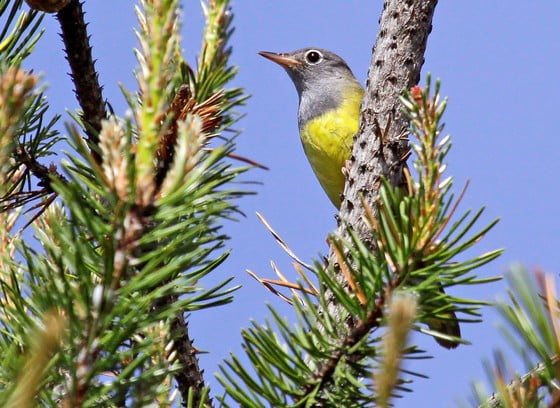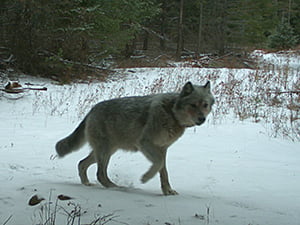Spring migration season brings call to report dead, sick, or injured swans

OLYMPIA With spring migration now underway, the Washington Department of Fish and Wildlife (WDFW) asks that people report dead, sick, or injured swans in western Washington to support ongoing efforts to assess the impact of lead poisoning on trumpeter and tundra swans.
 People can report their observations 24 hours a day by calling (360) 466-4345, ext. 266 through the end of April. Callers should be prepared to leave a short detailed message including their name and phone number, along with the location and condition of the swans.
People can report their observations 24 hours a day by calling (360) 466-4345, ext. 266 through the end of April. Callers should be prepared to leave a short detailed message including their name and phone number, along with the location and condition of the swans.
 Swans die from lead poisoning each year in western Washington after ingesting lead shot while foraging in shallow underwater areas, in fields and roosts where sources of lead are present. Although lead shot has been banned for waterfowl hunting nationwide for more than two decades, the risk to swans remains.
Swans die from lead poisoning each year in western Washington after ingesting lead shot while foraging in shallow underwater areas, in fields and roosts where sources of lead are present. Although lead shot has been banned for waterfowl hunting nationwide for more than two decades, the risk to swans remains.
 Washington state attracts more than 17,000 trumpeter swans each year, said Kyle Spragens, WDFW waterfowl manager. Most of those birds flock to the fields of Whatcom, Skagit, Snohomish counties, although the species has expanded its range recent years, he said.
Washington state attracts more than 17,000 trumpeter swans each year, said Kyle Spragens, WDFW waterfowl manager. Most of those birds flock to the fields of Whatcom, Skagit, Snohomish counties, although the species has expanded its range recent years, he said.
Spragens said department has received reports of sick and dead swans in Clallam and Pierce counties just within the past week.
“We strive to respond to every report we receive,” Spragens said. “Our goal is both to help individual swans and to locate sources of lead poisoning.” Spragens said people who observe dead, sick, or injured swans should avoid handling or collecting the birds.
Puget Sound Energy and volunteers from the Northwest Swan Conservation Association assist WDFW with that task, he said.
WDFW and other organizations have been working since 2001 to locate sources of toxic lead.

